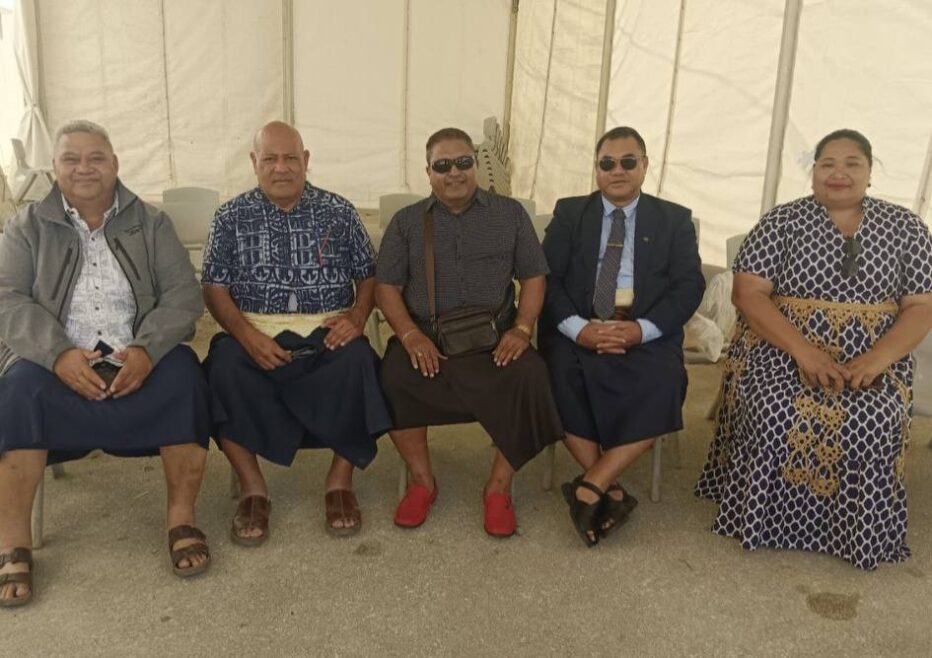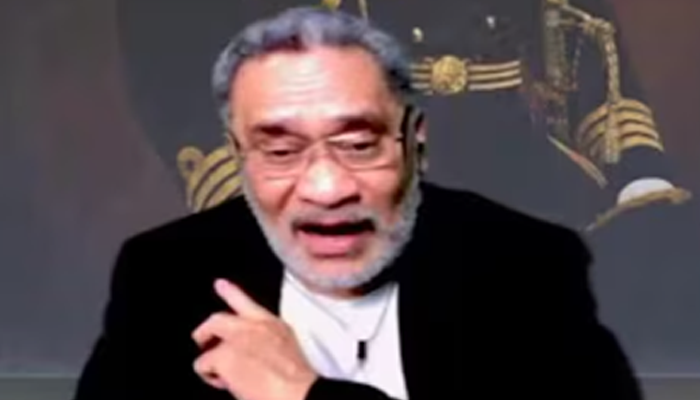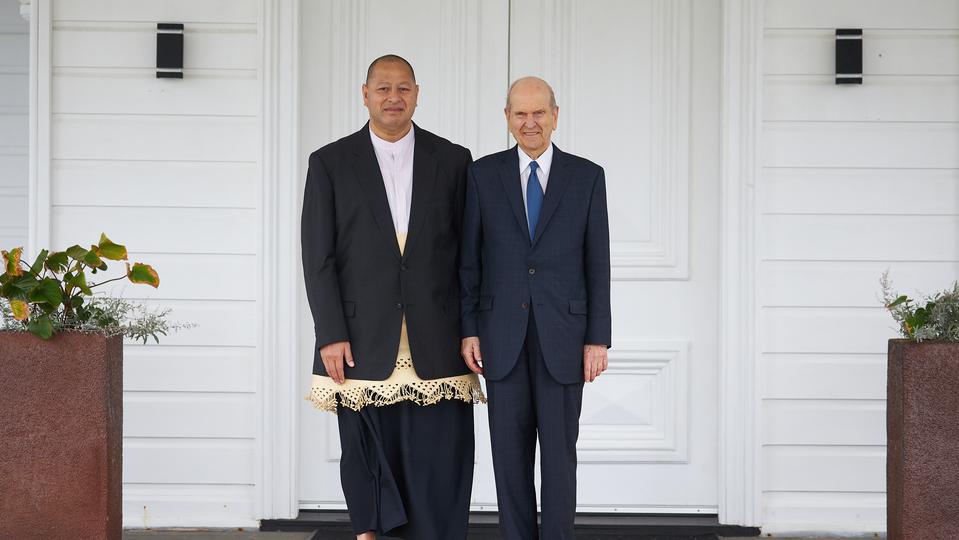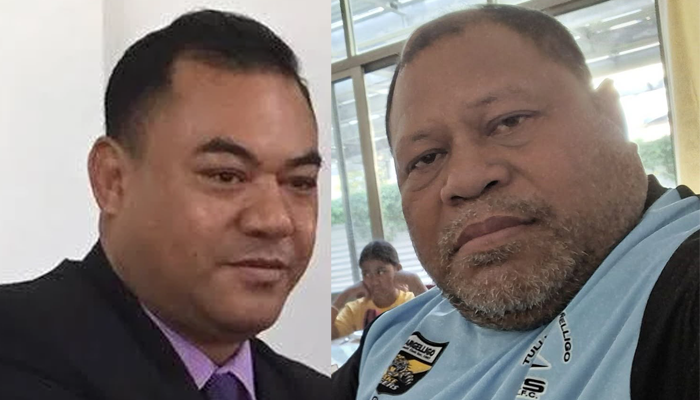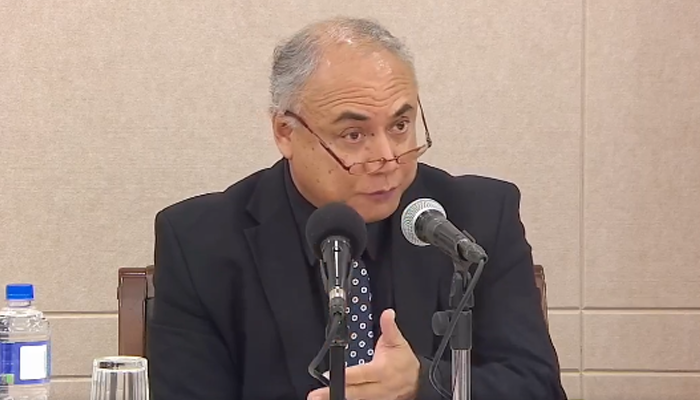Auckland, NZ — Auckland businessman Chris Barrett has offered a substantial financial reward to anyone who can help locate Lord Fulivai and Lady Helen Fulivai, who fled New Zealand for Tonga following a High Court ruling against them.

As Kaniva News reported previously, the Honourable Justice Venning ruled in 2021 that the Fulivais must repay Barrett the full amount of NZ$253,370.60, including interest dating back to January 1, 2018, and legal costs.
The judgment is legally enforceable in Tonga under the Reciprocal Enforcement Act—an agreement between Tonga and New Zealand that allows court decisions from one country to be recognised and enforced in the other.
The case against the Fulivais was formally registered with Tonga’s Supreme Court in March 2022.
The judgment, obtained by Kaniva News, followed years of financial dealings in which Barrett claims he was misled by the former Governor of Vava’u.
“In particular, he gave me assurances for the granting of a 99-year lease of land on an island called Pangaimotu in Vava’u for which I was to pay $170,000,” Barrett said in court documents.
“I was duped,” he previously said.
Kaniva News has seen legal documents indicating that Lord Fulivai appeared to acknowledge his obligation to repay Barrett.
However, the couple reportedly disappeared either shortly before or soon after the High Court of New Zealand ordered them to repay the funds, making enforcement of the judgment difficult.
Reward Offered for Recovery
Barrett is now calling on legitimate Tongan debt collection agencies to recover the debts.
He said that if any agency can recover the funds, they are entitled to an additional NZ$50,000 in collection fees from the Fulivais, as awarded by the High Court of New Zealand.
“My lawyer will distribute it once the money is collected.”
In a gesture of goodwill, Barrett has also pledged NZ$20,000 from the recovered funds to support community development in Pangaimotu island, near the land he was defrauded over.
He expressed hope that the King would consider revoking Lord Fulivai’s noble title and taking steps to compensate an international investor who has demonstrated a commitment to prioritising the welfare of the people.
Barrett said the King has the authority to correct the actions of his representative and send a clear message to the public that those who abuse their position—whom he described as “thieves”—will no longer be allowed to represent the people.
“This should make his actions easier if there is an uproar by locals seeing investors who can aid the average Tongan scared off by deceit and personal greed by a Noble and his wife, both jointly and severally liable in our High Court action and award,” he said.
“If the King removes the noble titles from Lord and Lady Fulivai and collects the funds, he may retain the NZ$50,000 collection fee for the Kingdom,” Barrett added.
“I will still donate NZ$20,000 for the village’s benefit.”
Barrett accused the Fulivais of hoarding rental income from properties in Hunga and Vava’u, while withholding the money owed since 2015.
He said their actions have discouraged genuine investors and betrayed the trust of the Tongan people.
“My intention was always to support Tonga’s development,” Barrett said.
He said the Fulivais’ greed and deceit robbed the Kingdom of real investment.
Judgment Registered, Enforcement Stalled
Barrett says his claim against Lord and Lady Fulivai is legally enforceable in Tonga under the Reciprocal Enforcement Act, an agreement between Tonga and New Zealand that allows court judgments from one country to be recognised and enforced in the other.
The case, in which the High Court of New Zealand ordered the Fulivais to repay the NZ$253,370, was formally registered with the Supreme Court of Tonga under a ruling issued by former Lord Chief Justice Michael Whitten in March 2022.
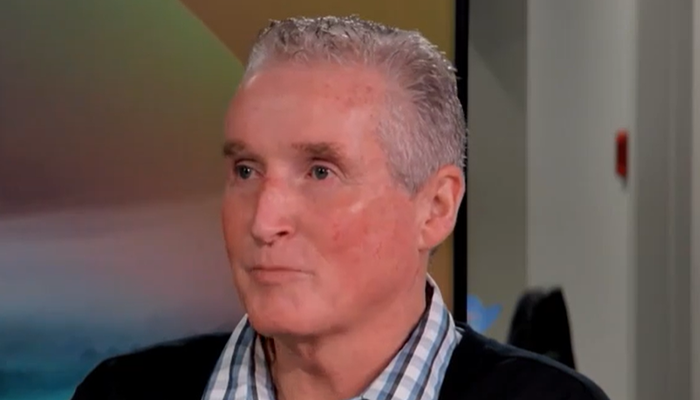
Barrett said the enforcement of the court judgment has stalled because he and his legal team have been unable to serve or hold Lord and Lady Fulivai accountable for breaching the court orders.
He told Kaniva News that he is raising the issue publicly to alert Tongan debt collectors that they may have a legitimate opportunity to pursue the Fulivais, who are believed to be hiding in Tonga.
He said his family was so disheartened that they redirected their investments—over NZ$15 million—into beachfront and ocean-view properties in Bali.
The businessman’s offer remains open until Christmas 2025, with hopes that the Kingdom of Tonga will take decisive action to protect its reputation and encourage future investment.
“This could bring real Christmas joy to villagers,” Barrett said.
He said his intention was always to support Tonga’s development. He accuses Lord and Lady Fulivai of greed and selfishness, claiming their actions drove away genuine investors.
Police Response: No Border Alert Issued
When asked why the Fulivais were not flagged at the border, Detective Sergeant Shane Page of Waitematā Police explained that the threshold for a border alert was not met.
“Police can only stop individuals at the border if there is sufficient evidence to arrest them for a criminal matter,” Detective Page said in an email to Barrett, which Kaniva News was copied into after raising the issue.
“Unfortunately, in this case, the criteria were not met.”
Page expressed sympathy for Barrett’s situation, acknowledging the emotional and financial toll.
“I hope you continue to keep both eyes on them and hold them accountable,” he said.
“I’m sorry we couldn’t be more helpful.”







